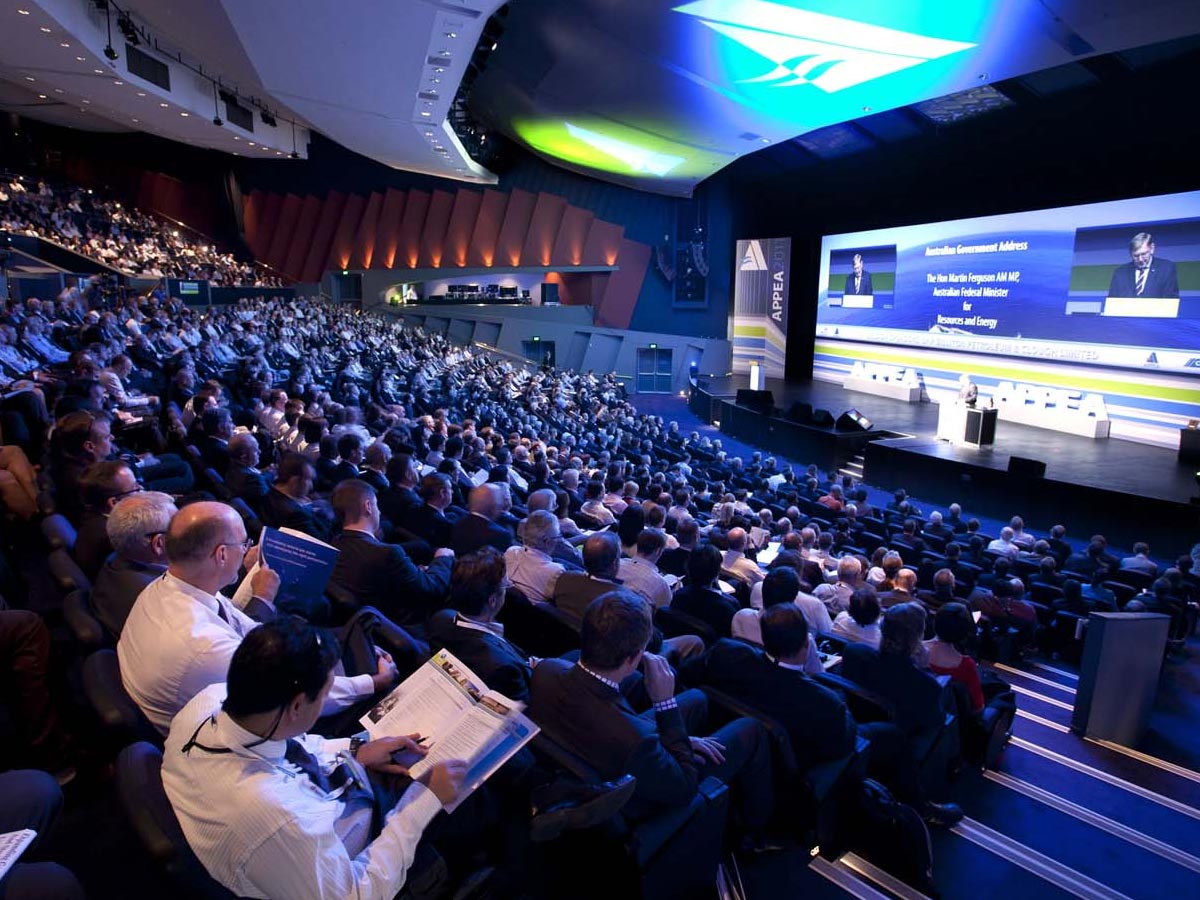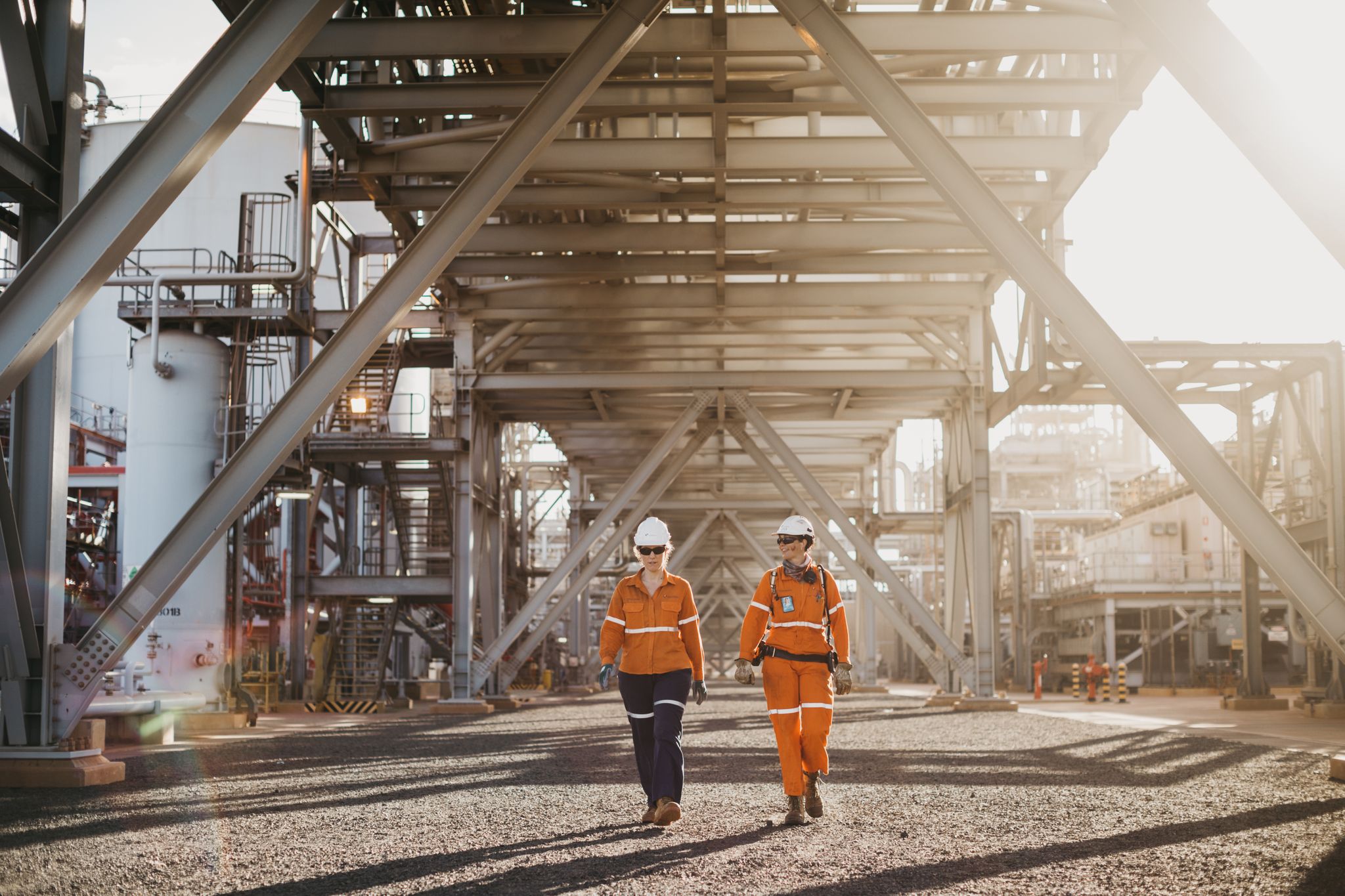APPEA has lodged a submission to the Western Australian Environmental Protection Authority’s Background Paper on Greenhouse Gas Assessment Guidance, urging national and international emissions reduction policies over ad-hoc regional measures.
APPEA Chief Executive Andrew McConville said the effective and efficient management of greenhouse gas emissions was an issue the oil and gas industry took very seriously, and APPEA and its members have been engaged constructively in policy development for more than 25 years.
“APPEA supports national climate change policies that reduce greenhouse gas emissions at least cost and facilitates investment decisions consistent with an international price on carbon,” Mr McConville said.
“This means we support the Australian Government leading on climate change policy responses, as the signatory to Australia’s Paris Agreement commitments.
“It also means duplicative and inconsistent requirements should not be imposed through the actions of a single regulatory agency (such as the EPA) in a jurisdiction (such as WA) to a limited number of large projects.
“When new WA EPA guidelines are released, they should acknowledge the actions that are underway at a national and a state level, and that direct involvement by the EPA in mitigation policy would be duplicative, inconsistent and impractical.”
Mr McConville said the original EPA guidelines – released in March 2019 – would have sent a worrying signal to prospective investors.
“The oil and gas industry has invested billions of dollars in the WA economy in recent years, developing projects to supply cleaner energy to both the WA and our Asian trading partners. With billions of dollars in future investment under consideration, clarity on the policy approach in Western Australia is vital,” Mr McConville said.
“WA projects can play a key role in lowering global emissions and our LNG exports are contributing to a cleaner energy sector in Asia. According to updated Australian Government estimates, our total LNG exports have the potential to reduce global emissions by at least 152 million tonnes per year* – equal to 28 per cent of Australia’s total annual emissions. LNG exports from WA play a substantial role in achieving this outcome,” Mr McConville said.
“We believe that it would make more sense for the EPA to only complete its guidelines when the state government completes its review of climate change policy.”



